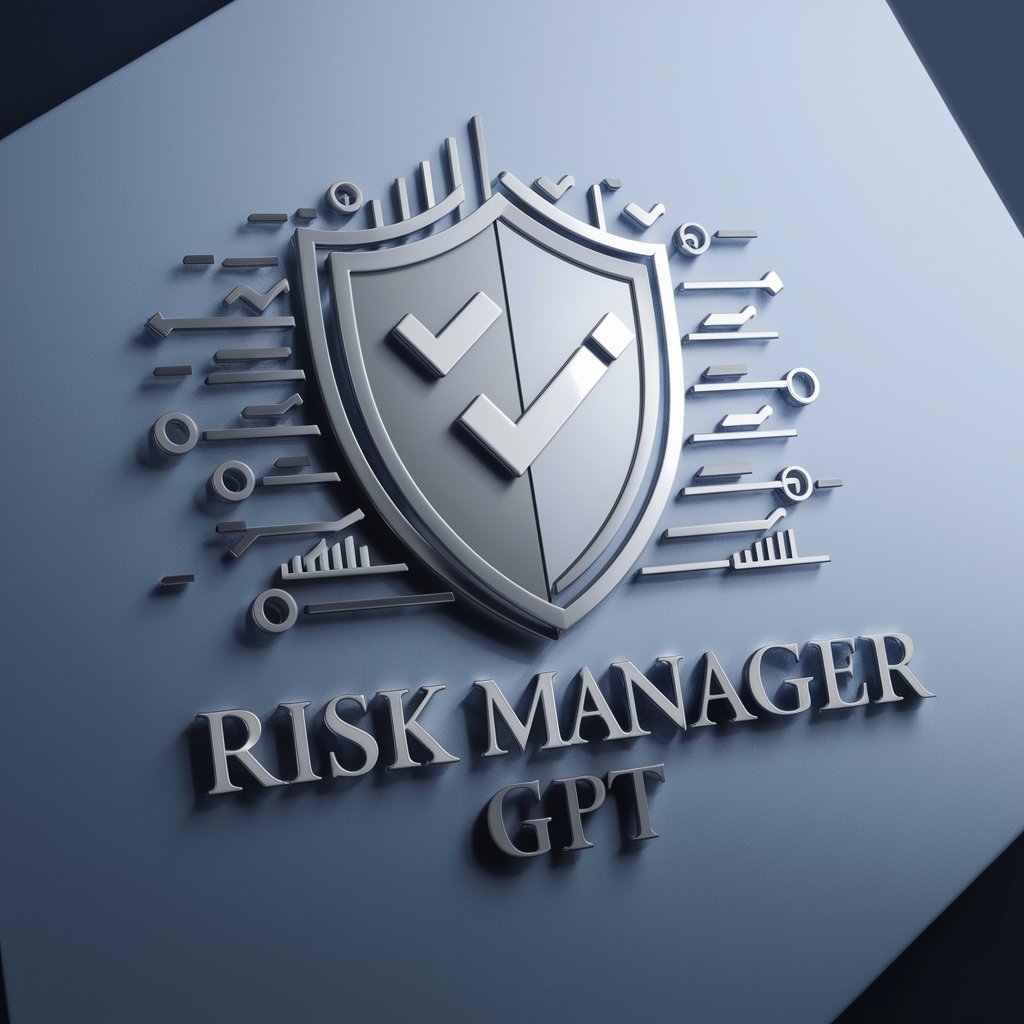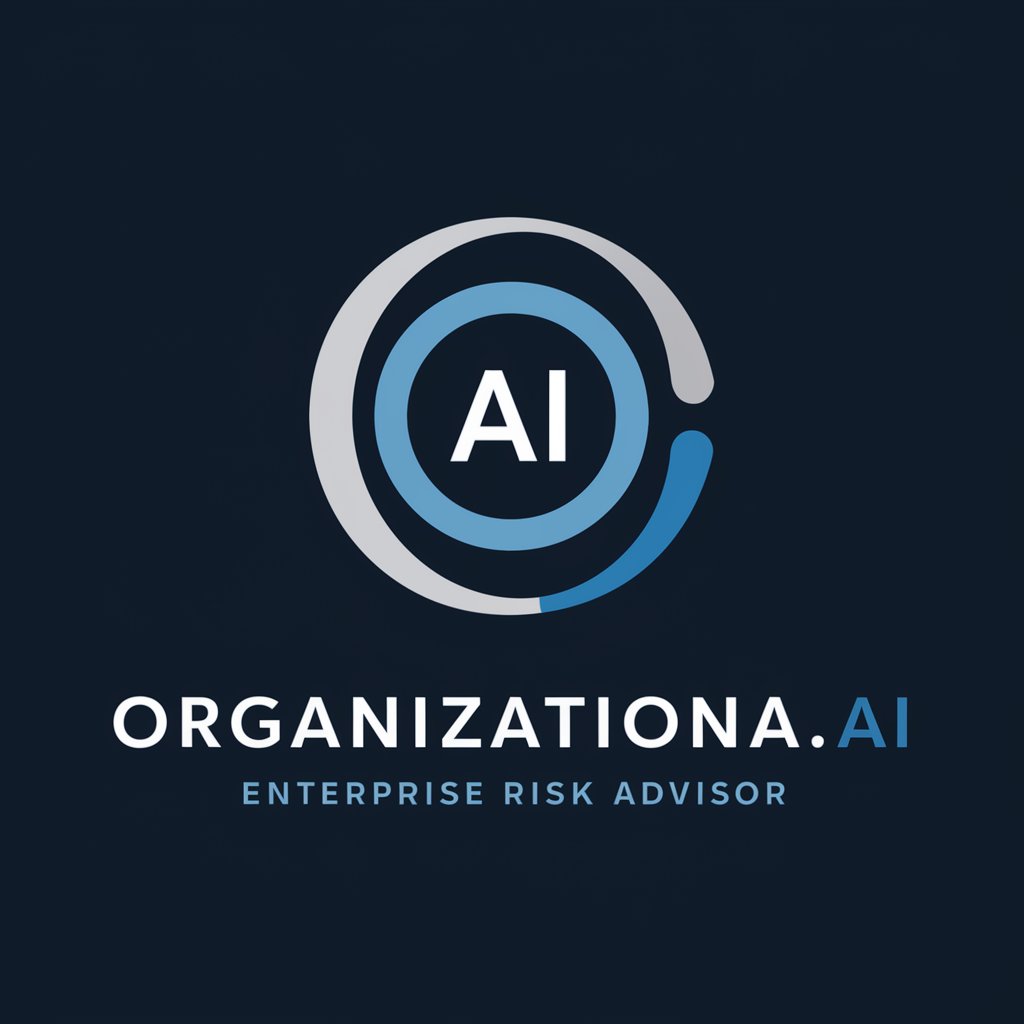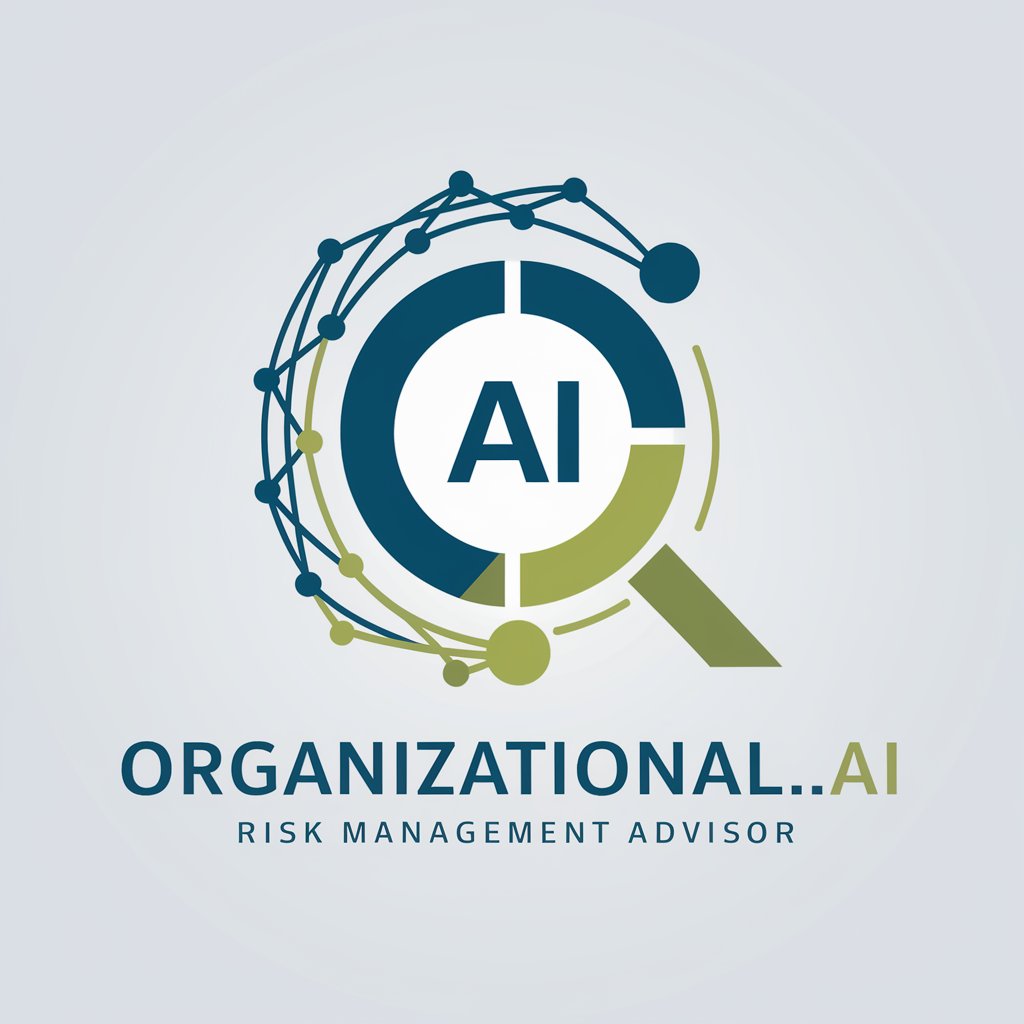
Operational Risk Advisor - Operational Risk Management
AI-driven Risk Mitigation Insights
What are the basics of operational risk management?
How to effectively mitigate identified operational risks?
What's the best strategy for managing complex operational risks?
How to align operational risk management with business objectives?
Get Embed Code
Overview of Operational Risk Advisor
An Operational Risk Advisor plays a crucial role within organizations, focusing on identifying, evaluating, and mitigating risks that could impede the company's operational efficiency and financial integrity. Their design purpose revolves around safeguarding the organization from losses and ensuring compliance with relevant regulations. A key aspect of their role includes developing and implementing risk mitigation strategies, conducting risk assessments, and training staff on risk management procedures. For example, in the case of a financial institution, an Operational Risk Advisor might evaluate the risk of fraud in online transactions, proposing measures such as enhanced security protocols and regular audits to mitigate these risks. Powered by ChatGPT-4o。

Core Functions of Operational Risk Advisor
Risk Identification and Assessment
Example
Analyzing transaction patterns for signs of fraudulent activity
Scenario
In a banking scenario, identifying unusual withdrawal patterns that could indicate fraud or money laundering.
Risk Mitigation Strategy Development
Example
Implementing advanced cybersecurity measures
Scenario
For a tech company, developing encryption and multi-factor authentication to protect against data breaches.
Compliance Auditing
Example
Ensuring adherence to the Sarbanes-Oxley Act for financial reporting
Scenario
Conducting regular audits in a corporation to verify compliance with financial and operational regulations.
Training Staff on Risk Management
Example
Organizing workshops on cybersecurity best practices
Scenario
Educating employees in a multinational company about the importance of password security and phishing awareness to prevent information theft.
Target User Groups for Operational Risk Advisor Services
Financial Institutions
Banks, insurance companies, and investment firms that face significant operational risks including fraud, compliance failures, and cybersecurity threats. These entities benefit from expert risk assessment and mitigation strategies to protect their assets and client information.
Manufacturing Companies
Organizations involved in production processes that are susceptible to supply chain disruptions, equipment failures, and safety incidents. Operational Risk Advisors help in identifying potential operational hazards and developing continuity plans.
Technology Firms
Companies in the tech sector, especially those dealing with large volumes of data and innovative products, face unique operational risks such as data breaches and rapid technological obsolescence. Risk advisors provide strategies for managing these risks effectively.

How to Use Operational Risk Advisor
1
Visit yeschat.ai for a free trial without needing to log in, nor requiring a ChatGPT Plus subscription.
2
Choose 'Operational Risk Advisor' from the available options to start identifying and evaluating operational risks specific to your organization.
3
Input the relevant details about your company, industry, or country to receive customized risk management advice.
4
Utilize the provided risk assessment tools and templates to analyze and document operational risks.
5
Follow the recommendations for risk mitigation strategies and compliance measures to enhance your organization's risk management processes.
Try other advanced and practical GPTs
HR Partnering Generalist Advisor
Empowering HR with AI
Performance Controlling Advisor
Strategize Financially with AI
Material Science Advisor
Empowering Projects with AI-Driven Material Science

Internal Control Systems Advisor
Streamline Compliance with AI
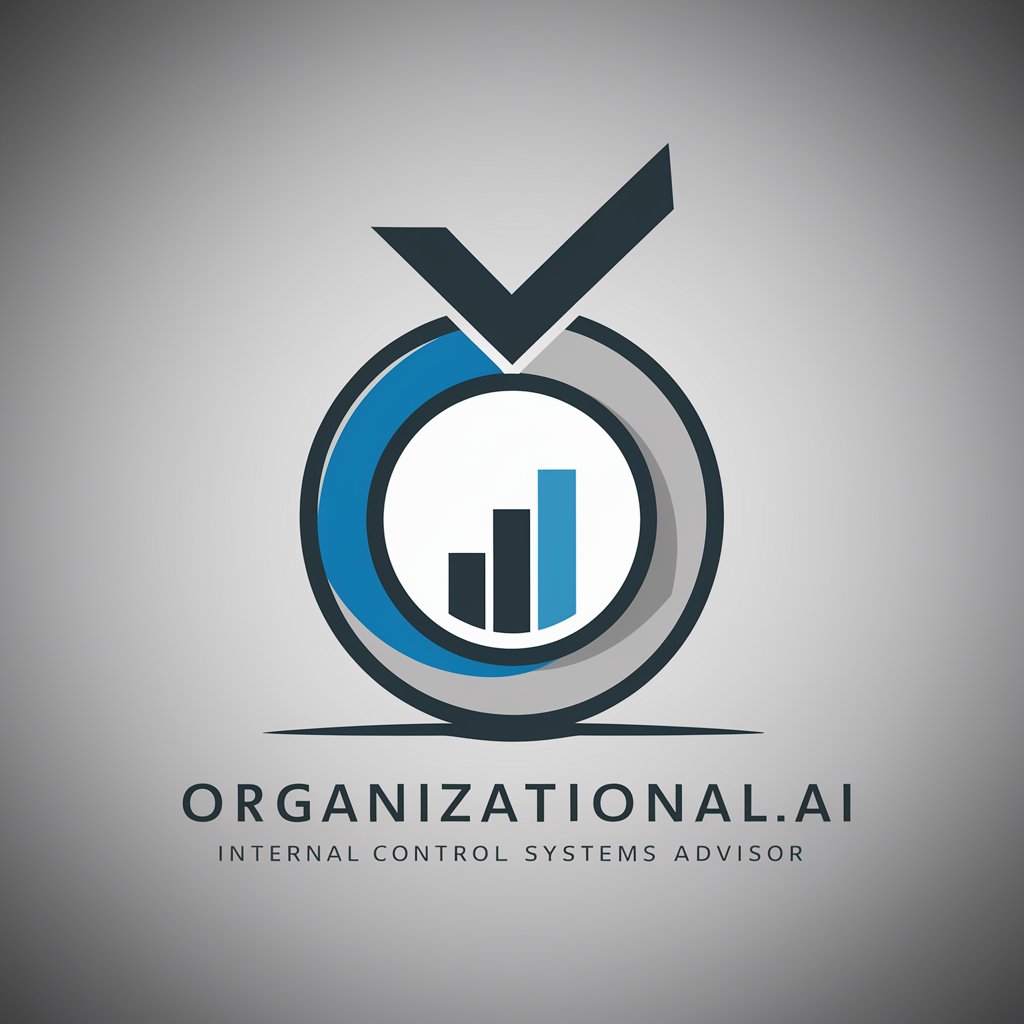
Content Creation Advisor
Elevate Your Content with AI

Project Scope Management Advisor
AI-Driven Scope Precision
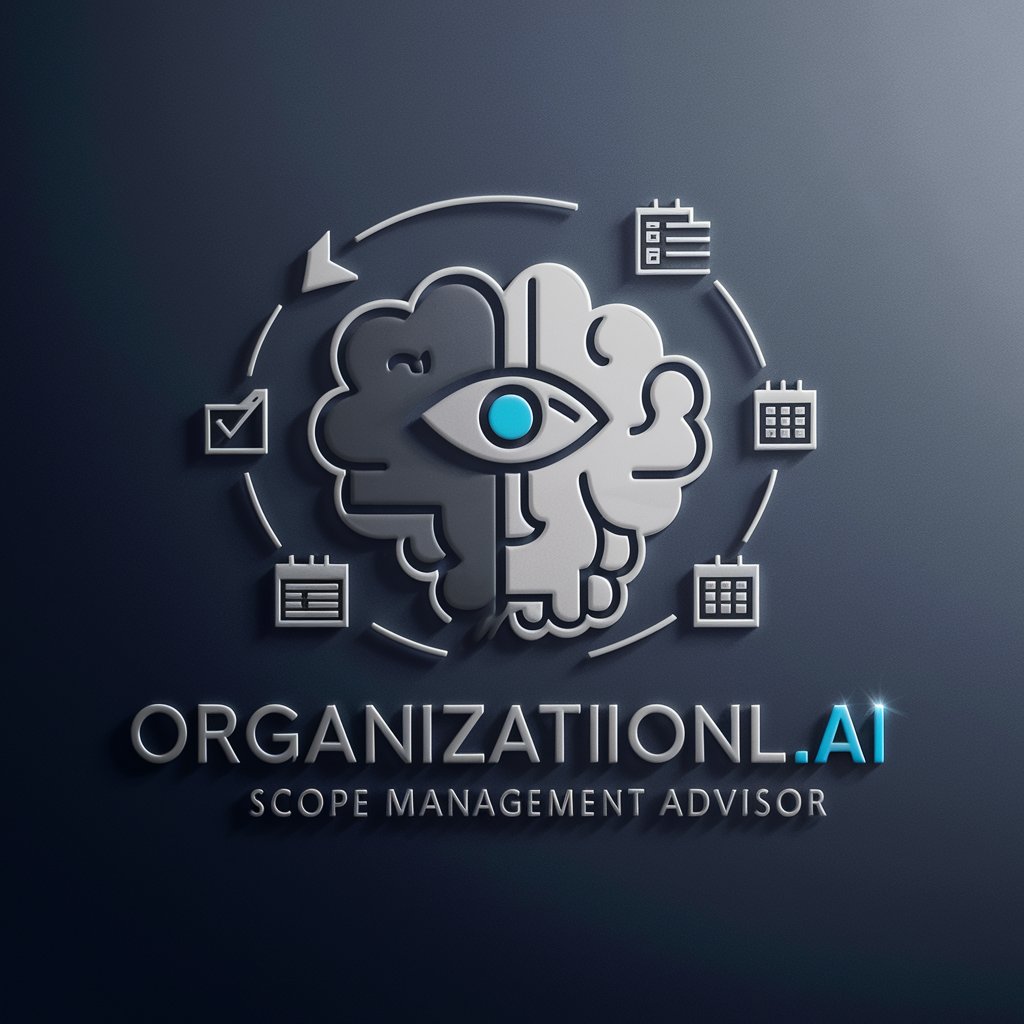
Affiliate Sales Advisor
Empowering Affiliate Growth with AI
Training Material Design Advisor
Revolutionize Learning with AI-Powered Training Design

Network Security Advisor
Empowering Security with AI
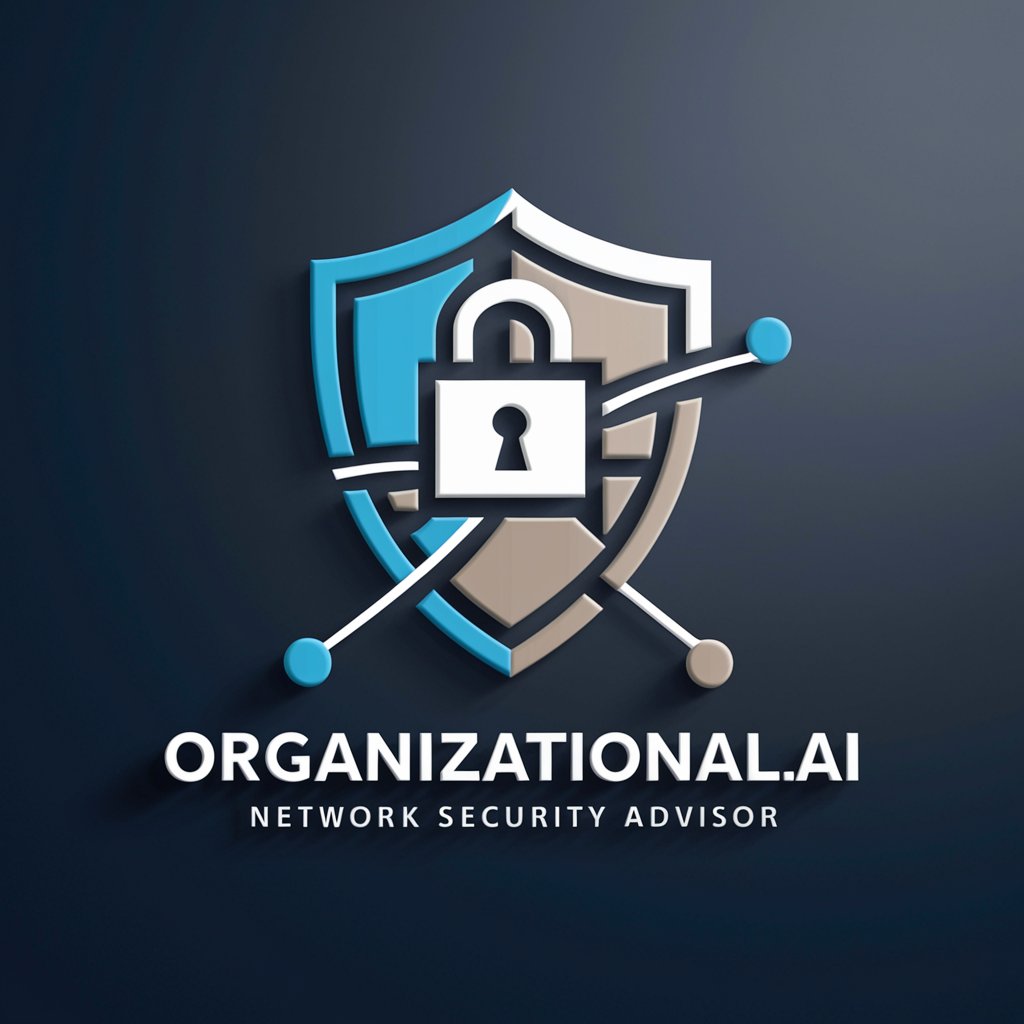
Community Engagement Advisor
Empowering Community Relations with AI
Process Engineering Advisor
AI-powered Process Engineering Expertise
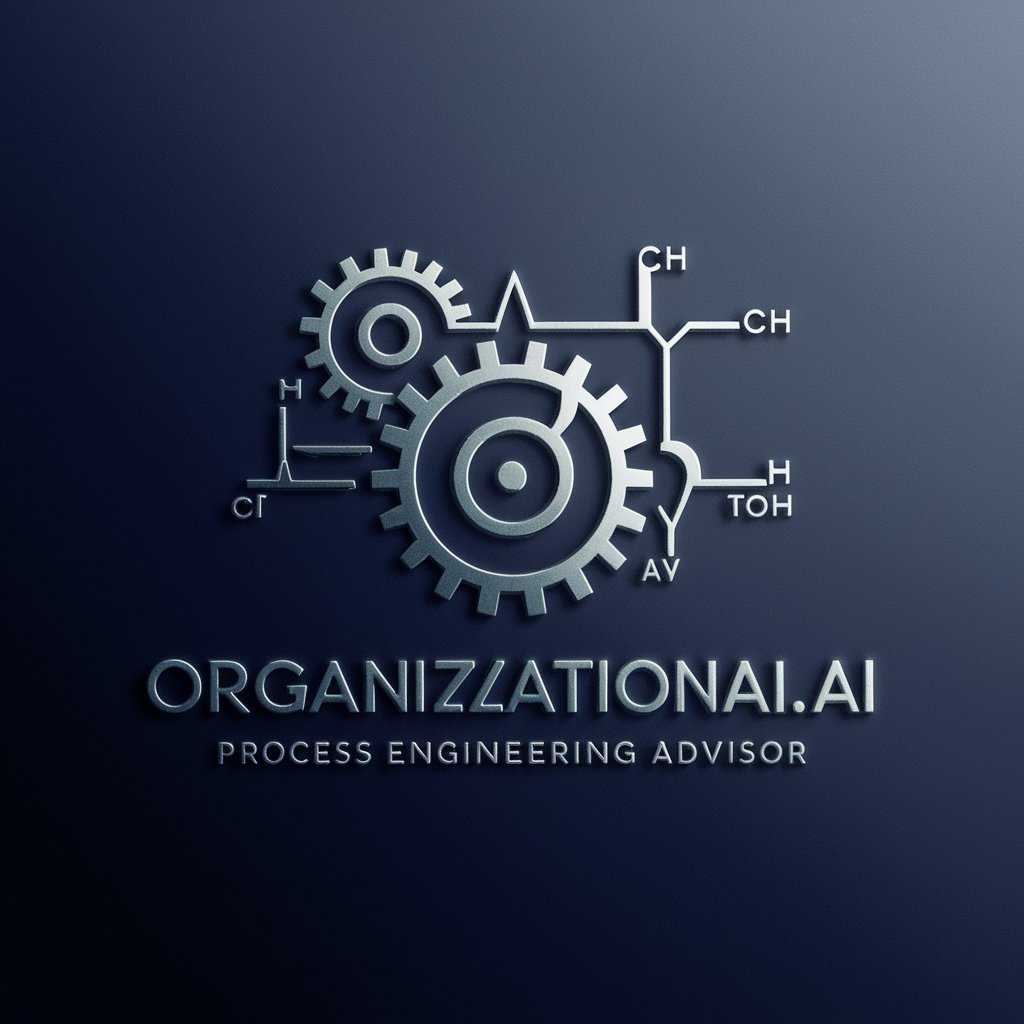
Call Center Operations Advisor
AI-driven Call Center Excellence

Operational Risk Advisor FAQs
What is Operational Risk Advisor?
Operational Risk Advisor is an AI-powered tool designed to help organizations identify, evaluate, and mitigate operational risks. It provides risk management strategies and ensures compliance with regulations.
How does Operational Risk Advisor tailor advice to specific industries?
By analyzing information provided by the user regarding their company, industry, or country, Operational Risk Advisor customizes its risk management strategies to address unique operational risks.
Can Operational Risk Advisor assist with compliance auditing?
Yes, it offers tools and resources for conducting compliance audits, ensuring that your organization meets industry standards and regulatory requirements.
What types of risks can Operational Risk Advisor help identify?
It helps identify a wide range of operational risks, including but not limited to, financial, legal, technological, and reputational risks.
How often should I use Operational Risk Advisor for effective risk management?
Regular use is recommended to stay updated on potential risks and evolving regulations. Conducting periodic risk assessments and audits through the tool can help maintain an effective risk management strategy.
